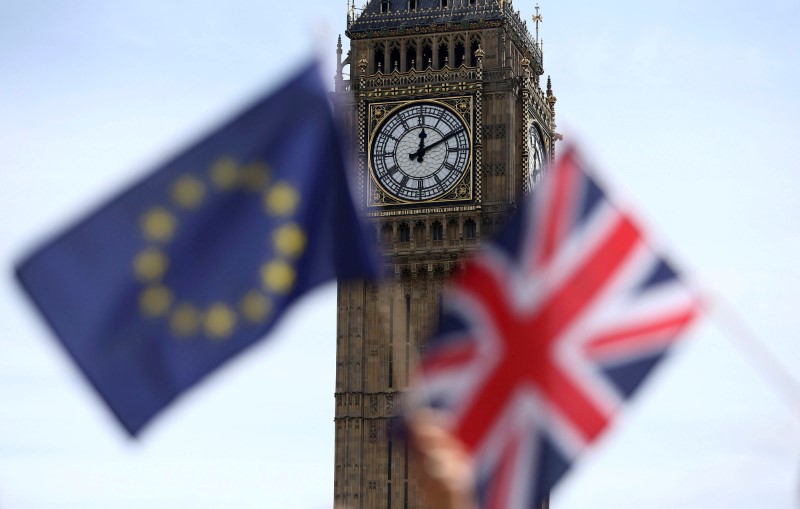Fears that workers towards bottom of vast supply chains are being abused

LONDON (Thomson Reuters Foundation) — British businesses are struggling to ensure workers in their global supply chains are paid a decent wage, and the situation could worsen after the country leaves the European Union next year, a survey of company managers found on Monday.
A fifth of companies have discovered wage violations in their operations over the last two years — with employees being paid late or not receiving the minimum wage — the survey by the Chartered Institute of Procurement and Supply (CIPS) revealed.
"The vast majority of British businesses would agree that short-changing their employees is inexcusable, but when it comes to the workers further down their supply chain they don't have the same level of concern," CIPS group director Cath Hill said.
"Whether a supplier is in Shenzhen (China) or Sheffield (England) businesses have an obligation to ensure that the human beings making their products are free, safe and properly paid."
Workplace exploitation such as withholding wages can be an indicator that workers towards the bottom of often vast supply chains are being abused or facing forced labour, activists say.
"For insecure workers, the impact of multiple labour abuses left unchecked can be catastrophic, at times leading to cases of modern slavery," Caroline Robinson, director of Focus on Labour Exploitation (FLEX), told the Thomson Reuters Foundation.
Brexit — Britain's exit from the EU — may lead to more wage violations as companies seek to renegotiate prices with suppliers to cope with a potential rise in costs, the survey of 825 supply chain managers found.
With Britain having followed the EU's lead in terms of protecting workers' rights, there may be a post-Brexit rollback, said Anti-Slavery International spokesman Jakub Sobik.
Regarded as a global leader in the drive to end slavery, Britain passed the 2015 Modern Slavery Act to jail traffickers for life, compel businesses to check their supply chains for forced labour, and protect people at risk of being enslaved.
A separate CIPS survey last month found companies had been slow to react and introduce anti-slavery policies under the law, with little or no progress made over the last year alone.
"We are determined to ensure that workers are not exploited in this manner (wage violations), and are paid what they deserve," said Ian Waterfield, director of operations at the anti-slavery body Gangmasters and Labour Abuse Authority (GLAA).
The Modern Slavery Act requires firms with a turnover of at least 36 million pounds (C$60 million) to produce an annual statement showing what they have done to ensure their operations are slavery-free.
Just over half the about 19,000 companies in Britain required to comply with the law have issued statements to date, shows the Transparency in the Supply Chain, a public database.




